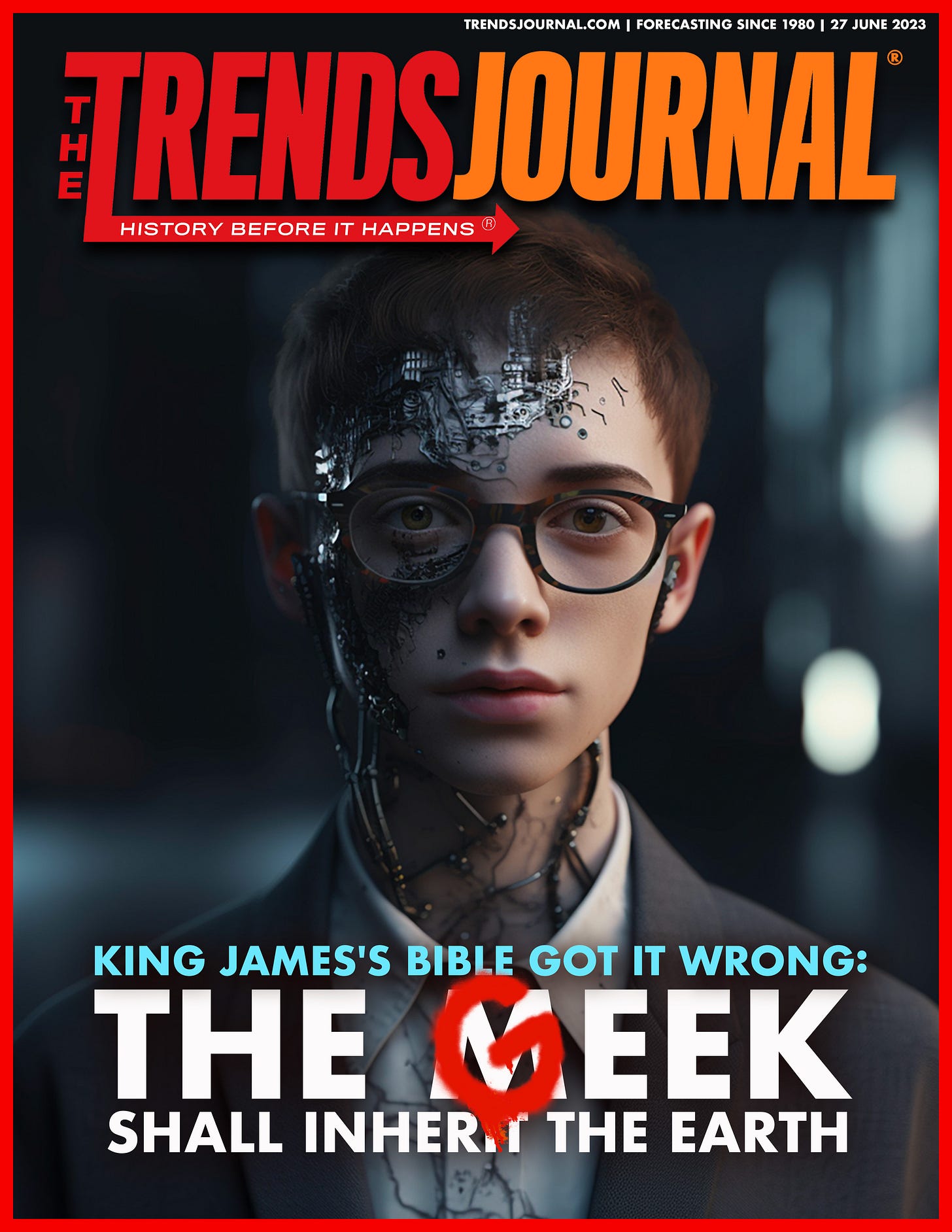NATO's Stoltenberg: Ukraine Must Defeat Russia Before Joining Alliance
Ukraine will not defeat Russia, so Stoltenberg’s comments are moot

Jens Stoltenberg, the NATO head, announced today that Ukraine must first emerge victorious over Russia if it wants to join the Alliance — further proving that Ukrainians are being sacrificed by the West in hopes of weakening Russian President Vladimir Putin.
“The most urgent task now is to ensure that Ukraine prevails as a sovereign and independent nation in Europe. Because if Putin wins this war, then there is no membership issue to be discussed at all,” he said, according to RT, the Russian news outlet.
Ukraine will not defeat Russia, so Stoltenberg’s comments are moot.
The report said he called a Russian defeat “a precondition for any meaningful discussion about further membership.”
Oleksii Reznikov, Ukraine’s defense minister, has called an invitation after the war to join the Alliance an issue that is non-negotiable. Volodymyr Zelensky agreed and said, “We understand that we cannot be a member of Nato during the war, but we need to be sure that after the war we will be. That is the signal we want to get – that after the war, Ukraine will be a member of Nato,” The Guardian reported.
Zelensky said last week that the U.S. will be faced with two bleak choices if Kyiv loses the war with Russia.
He said the U.S. could either decide to join the fight or sit back and watch NATO, the alliance that has been around since 1949, unravel.
Zelensky made the comment after being asked about the possibility that the 2024 presidential election in the U.S. could result in someone less willing than President Joe Biden to bankroll Ukrainians.
Zelensky, who needs to rely on fear tactics, said, “Is he ready to go to war? To fight, to send his kids? Are they ready to die? Because anyway, they will have to do this if NATO gets involved.”
Zelensky reapplied for membership into the Alliance last year and Jake Sullivan, President Biden’s national security adviser, told reporters that it was not the right time.
Russia has called Ukraine’s membership in NATO the ultimate red line, and said WWIII would be assured.
NATO’s Article 5 provides that if an ally is the victim of an attack, every other member of the Alliance would consider it as an attack on all members and will respond.
Putin has blamed the U.S. and NATO for their aggression prior to the invasion.
“We saw how the military infrastructure was unfolding, how hundreds of foreign advisers had begun to work there, with the most modern weapons being regularly delivered from NATO countries,” he said at his Victory Day speech last year. “The danger was growing every day. Russia offered a pre-emptive rebuff to the aggression—this was a forced, timely move and the only correct decision, one taken by a strong and independent country.”
TRENDPOST: Totally ignored, as we have greatly detailed over the decades, is the United States and NATO actions that were, to Russia, moves of aggression.
Long forgotten was the U.S. and NATO’S pledge not to expand into Eastern Europe following the deal made during the 1990 negotiations between the West and the Soviet Union over German unification.
Therefore, in the view of Russia, it is taking self-defense actions to protect itself from NATO’s eastward march.
As detailed in The Los Angeles Times back in May of 2016, while the U.S. and NATO deny that no such agreement was struck, “…hundreds of memos, meeting minutes and transcripts from U.S. archives indicate otherwise.”
The article states:
“According to transcripts of meetings in Moscow on Feb. 9, then-Secretary of State James Baker suggested that in exchange for cooperation with Germany, the U.S. could make ‘iron-clad guarantees’ that NATO would not expand ‘one inch eastward.’ Less than a week later, Soviet President Mikhail Gorbachev agreed to begin reunification talks.
“No formal deal was struck, but from all the evidence, the quid pro quo was clear: Gorbachev acceded to Germany’s western alignment and the U.S. would limit NATO’s expansion.”
TRENDPOST: In 1997, when President Bill Clinton was expanding NATO’s borders eastward, fifty American foreign policy leaders sent him a letter saying that it would be “a policy error of historic proportions. We believe that NATO expansion will decrease allied security and unsettle European stability,” and “NATO expansion, which continues to be opposed across the entire political spectrum, will strengthen the nondemocratic opposition, undercut those who favor reform and cooperation with the West, bring the Russians to question the entire post-Cold War settlement.”



